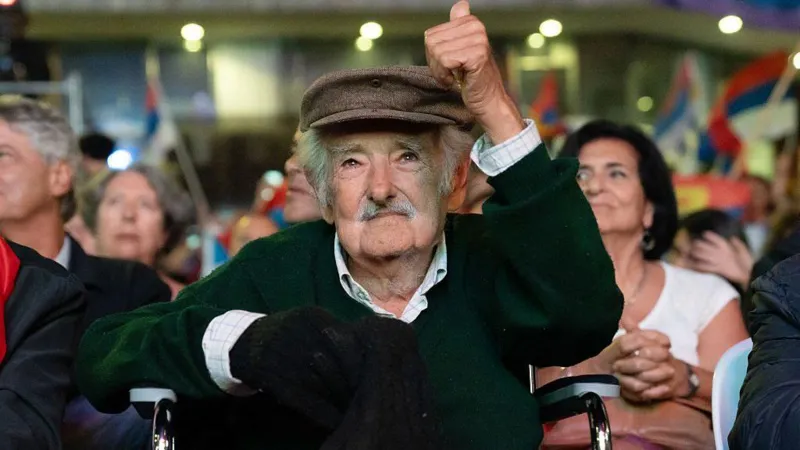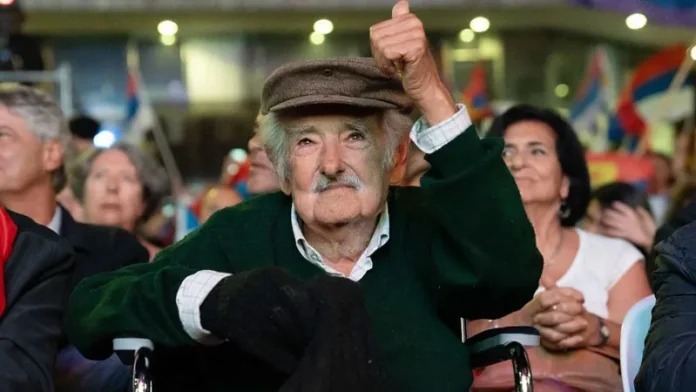José “Pepe” Mujica, former president of Uruguay and globally admired for his modest lifestyle, has died at the age of 89. Revered as the “world’s poorest president,” Mujica lived a life of simplicity, integrity, and unwavering service to his people—values that left a lasting impression across the globe.
Current Uruguayan President Yamandú Orsi confirmed Mujica’s death on social media, writing, “Thank you for everything you gave us and for your deep love for your people.” Though the exact cause of death has not been disclosed, Mujica had been battling oesophageal cancer.
Mujica was not your typical politician. Born into a middle-class family in Montevideo, he embraced politics early, joining the National Party before co-founding the Tupamaros guerrilla movement in the 1960s. Inspired by socialist ideals and the Cuban revolution, Mujica and his group engaged in armed resistance against what they saw as an increasingly authoritarian government.
His militant past came at a cost. Mujica was captured four times, severely wounded, and spent over 14 years in prison—much of it in solitary confinement. He was even designated one of nine “hostages” under Uruguay’s military dictatorship, threatened with execution if guerrilla activity continued.
Yet, it was in prison that Mujica says he experienced the extremes of human suffering and resilience. “Becoming president was insignificant compared to the day I was freed,” he once reflected.
Following Uruguay’s return to democracy in 1985, Mujica transitioned to mainstream politics. He served in both legislative houses, became Minister of Agriculture in 2005, and was elected President in 2010 at the age of 74. His rise was symbolic for Latin America, aligning him with progressive leaders like Lula da Silva and Hugo Chávez—but Mujica always followed his own path.
Under his leadership, Uruguay saw steady economic growth, falling poverty levels, and progressive reforms. His administration legalized same-sex marriage, abortion, and became the first country to regulate recreational cannabis use—earning global headlines.
What truly captured the world’s attention, however, was Mujica’s personal lifestyle. He refused to live in the presidential mansion, choosing instead a small farmhouse with his wife, former guerrilla and senator Lucía Topolansky. He drove an old Volkswagen Beetle, dressed simply, and donated most of his salary to charity.

“Poor are not those who have little, but those who always want more,” he once told the BBC. Despite critiques of increasing public spending and unmet education reforms, Mujica remained untarnished by scandal and highly respected for his humility and honesty.
Mujica retired from politics in 2020 but continued to be a moral voice in Uruguay and beyond. His political legacy endures through President Orsi and the continued strength of the Frente Amplio party.
In one of his final interviews, Mujica faced his fate with grace: “Death is inevitable. Perhaps it is the salt of life.”
His life reminds us that true leadership isn’t about power or wealth—it’s about authenticity, sacrifice, and love for humanity.



